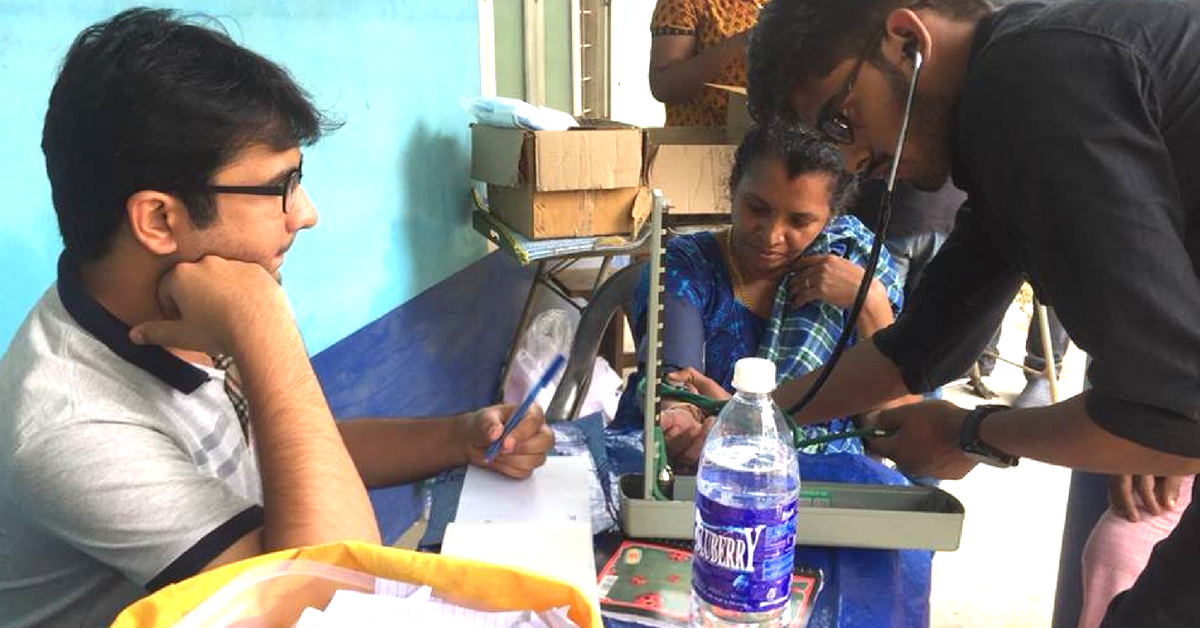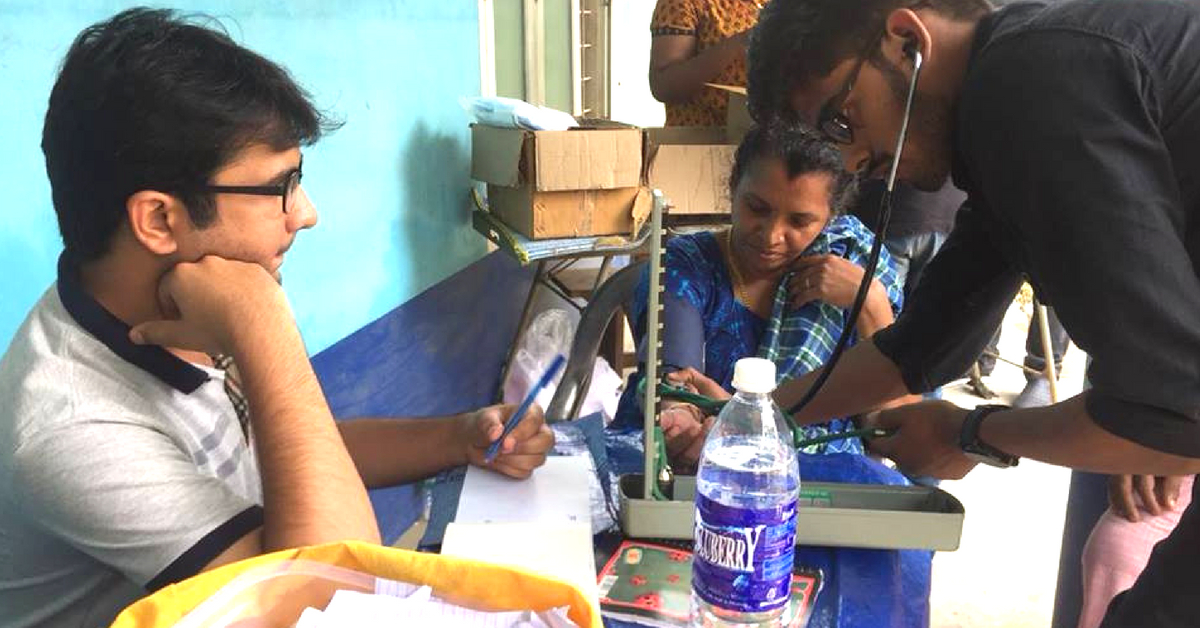Kerala Floods: Rat Fever-Leptospirosis Alert Sounded; 5 Ways to Stay Safe
In Kerala, leptospirosis cases have been identified after the floods. Here's what you can do to safeguard yourself.

Kerala is facing the aftermath of the devastating floods that crippled the state for the last fortnight. According to The News Minute, Health Department officials have reported an increase in the number of leptospirosis cases.
According to the publication, an alert from the Directorate of Health Services on August 28th, stated, “There is a sudden increase of Leptospirosis from Thrissur, Palakkad, Kozhikode, Malappuram and Kannur districts. All of them had indirect contact with flood water. You may take this situation very seriously and alert the entire clinical team of your district. Any fever with myalgia to be taken as Leptospirosis and to be treated accordingly until further orders.”
This is not the first time that leptospirosis or ‘rat fever’ as it is popularly known, has affected the state. In 2017, there were 1,408 confirmed cases in Kerala, of which 80 deaths were reported, and in 2016, there were 1,710 cases, of which 35 deaths occurred.
So what is this deadly disease, and what can you do to keep it at bay?

Leptospirosis is a bacterial infection that spreads through the urine of infected animals. The animals may never show symptoms, but they are carriers. The bacteria in question is leptospira, and ‘rat fever’ occurs through direct contact with body fluids or soil and water contact.
The symptoms of leptospirosis in humans include high fever, muscle pain, headaches, nausea, diarrhoea, abdominal pain, jaundice, skin rash, chills and reddish eyes.
GiveIndia and The Better India have come together to help Rebuild Kerala by supporting 41,000 affected families. You too can be a part of this movement and help us raise funds for the NGOs working to rehabilitate these families. If all of us come together with a small monthly contribution, we can make a real and meaningful difference in helping restore normalcy to those who need our help the most.
Unable to view the above button? Click here
If left untreated, leptospirosis can lead to complications, like meningitis, liver failure, respiratory issues, kidney damage and can even be fatal.
So, how do you protect yourself from this disease?
1. Since the diseases spread through contaminated water or soil, try limiting contact with them. Since Kerala is recovering from floods, this may be difficult and puts you at increased risk.
2. If you must come into contact with flood water or mud, try wearing protective end-to-end clothing so that none of the contaminated water or mud come in contact with your body.
3. Ensure that you do not smoke, drink or eat anything while handling any animals. This is to prevent the bacteria from entering the bloodstream through your mouth.
4. Leptospirosis enters the human body through openings. If you have open cuts or wounds, get them treated immediately, and secure them with a waterproof bandage, so that it does not get infected.
5. Be mindful of the food and water you consume. Ensure that all water is boiled/suitably purified to kill bacteria. Also, try avoiding food that has come into contact with infected animals.
If you exhibit any of the symptoms mentioned above, visit a doctor immediately. Do note that many of the symptoms are similar to flu symptoms, so don’t ignore them.
You may also like:- Kerala Needs Our Help to Get Back on Its Feet. Let’s #RebuildKerala Together
The doctor can determine the presence of antibodies and the extent of ‘rat fever’ through a simple blood test. If you do have the disease, the doctor will most likely treat it using antibiotics, including penicillin and doxycycline.
(Edited by Shruti Singhal)
Like this story? Or have something to share? Write to us: [email protected], or connect with us on Facebook and Twitter.
If you found our stories insightful, informative, or even just enjoyable, we invite you to consider making a voluntary payment to support the work we do at The Better India. Your contribution helps us continue producing quality content that educates, inspires, and drives positive change.
Choose one of the payment options below for your contribution-
By paying for the stories you value, you directly contribute to sustaining our efforts focused on making a difference in the world. Together, let's ensure that impactful stories continue to be told and shared, enriching lives and communities alike.
Thank you for your support. Here are some frequently asked questions you might find helpful to know why you are contributing?


This story made me
-
97
-
121
-
89
-
167














